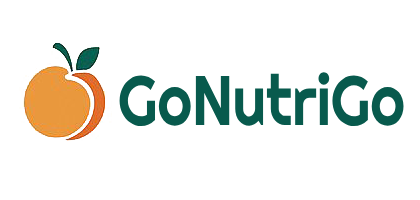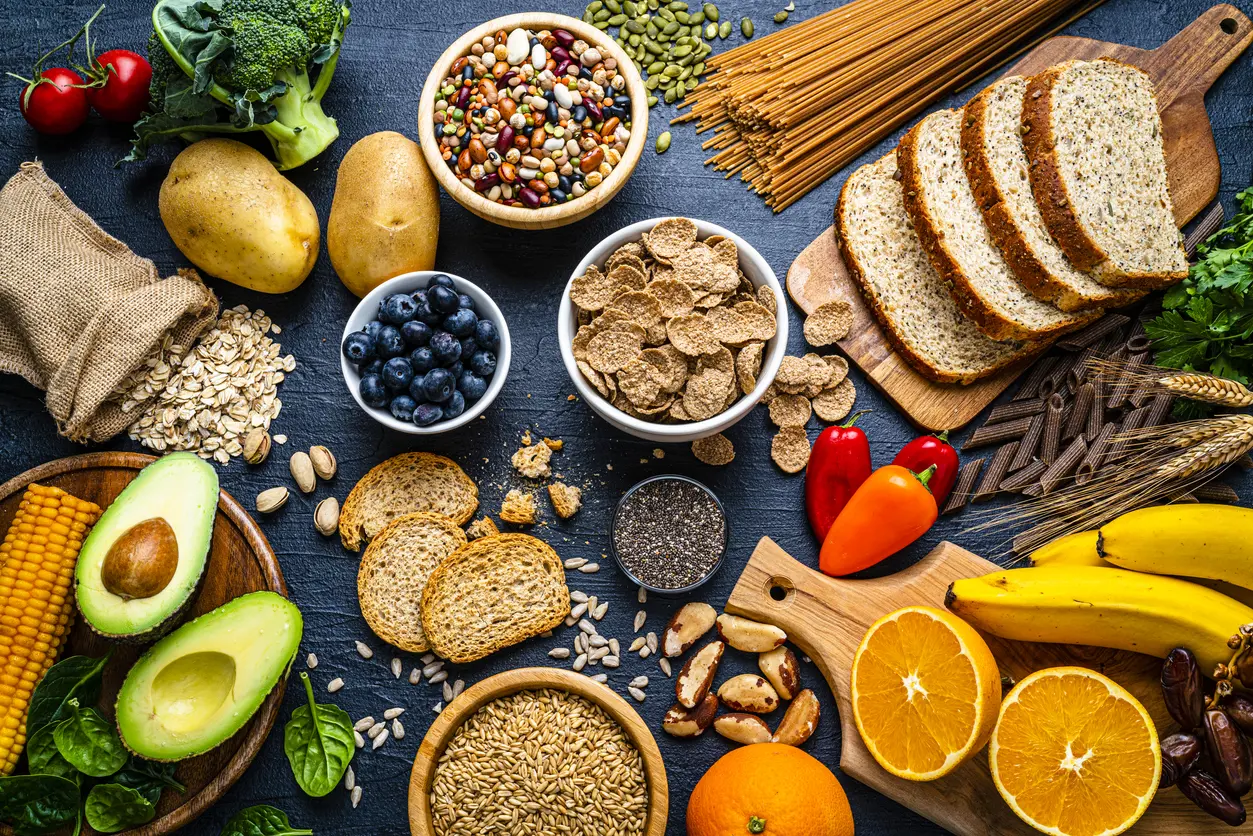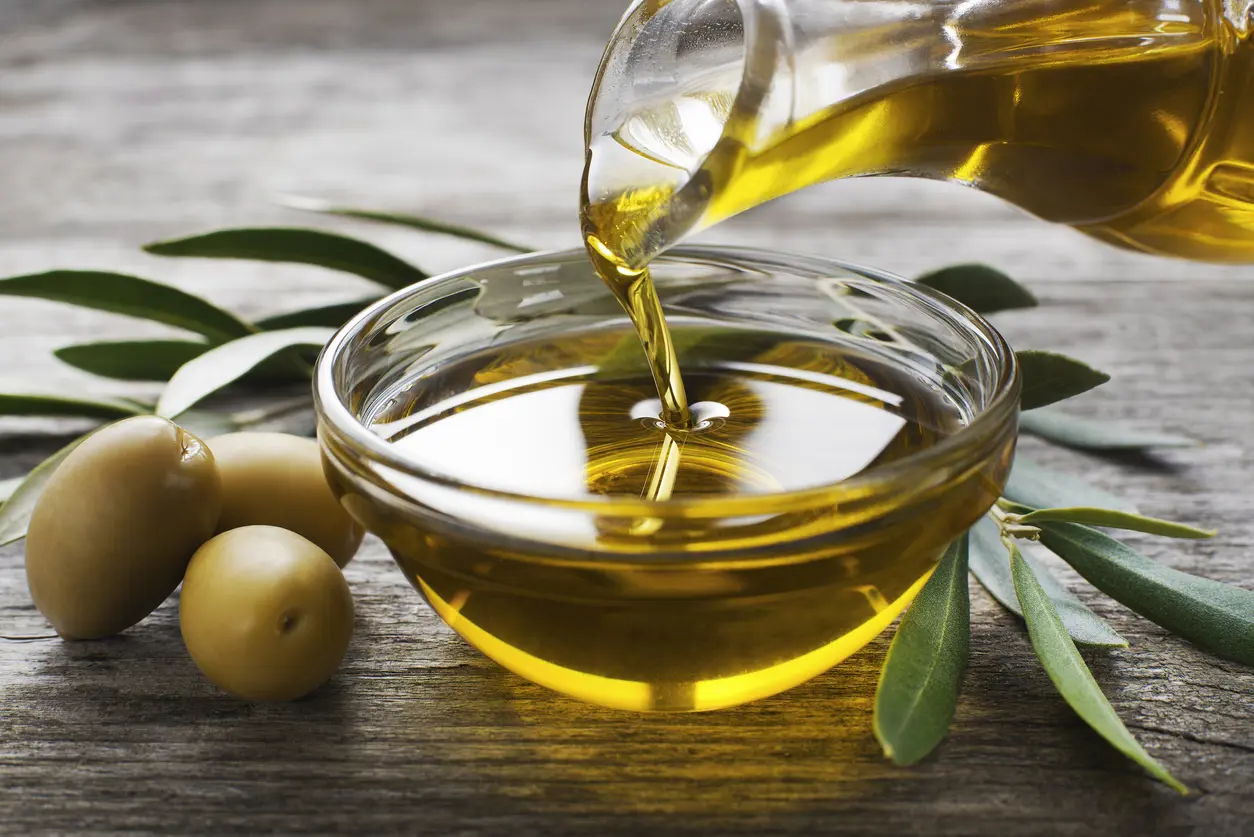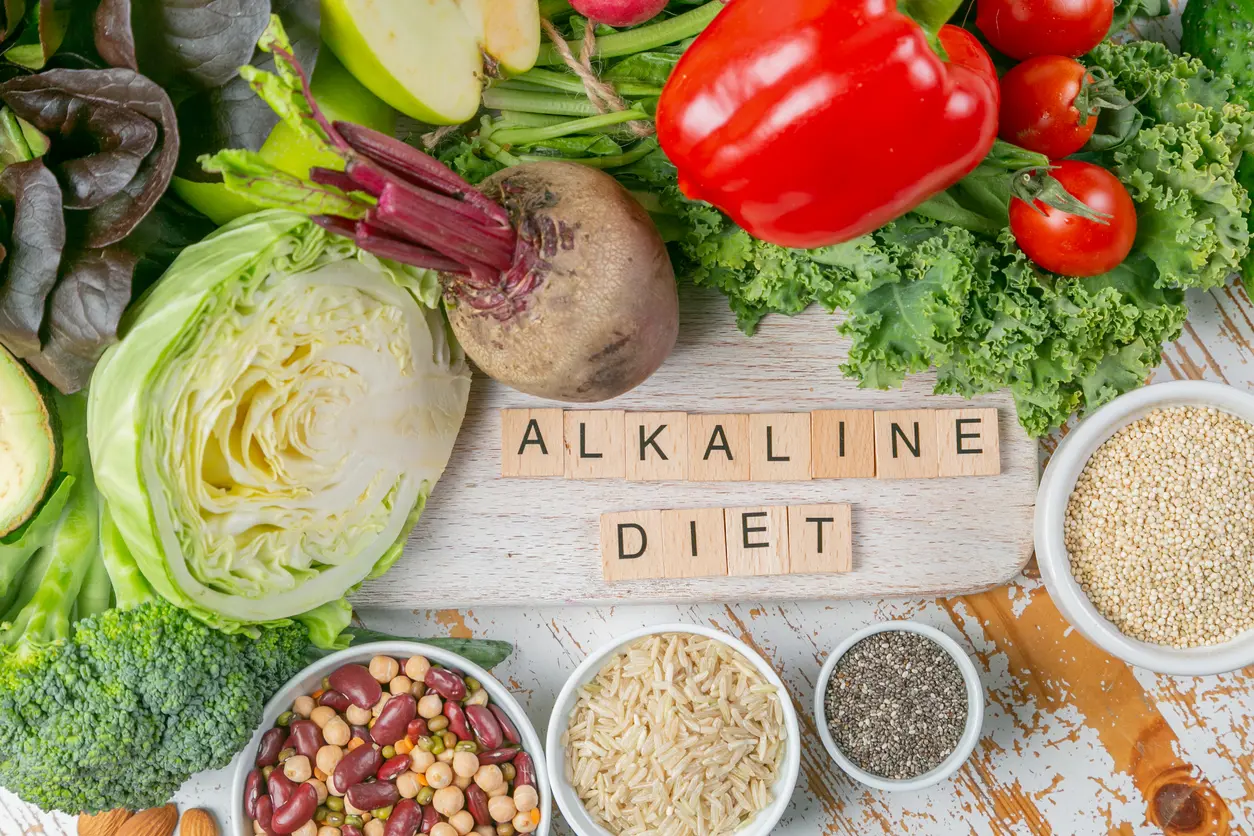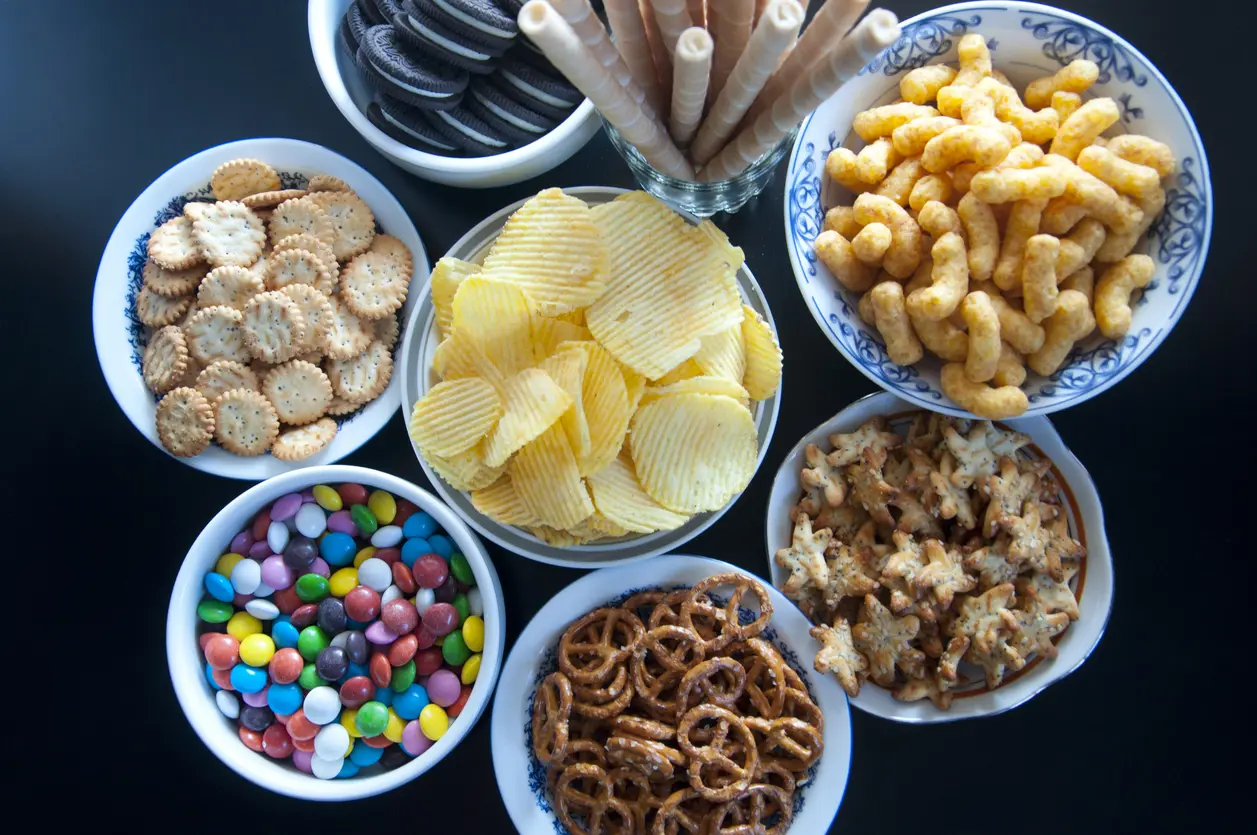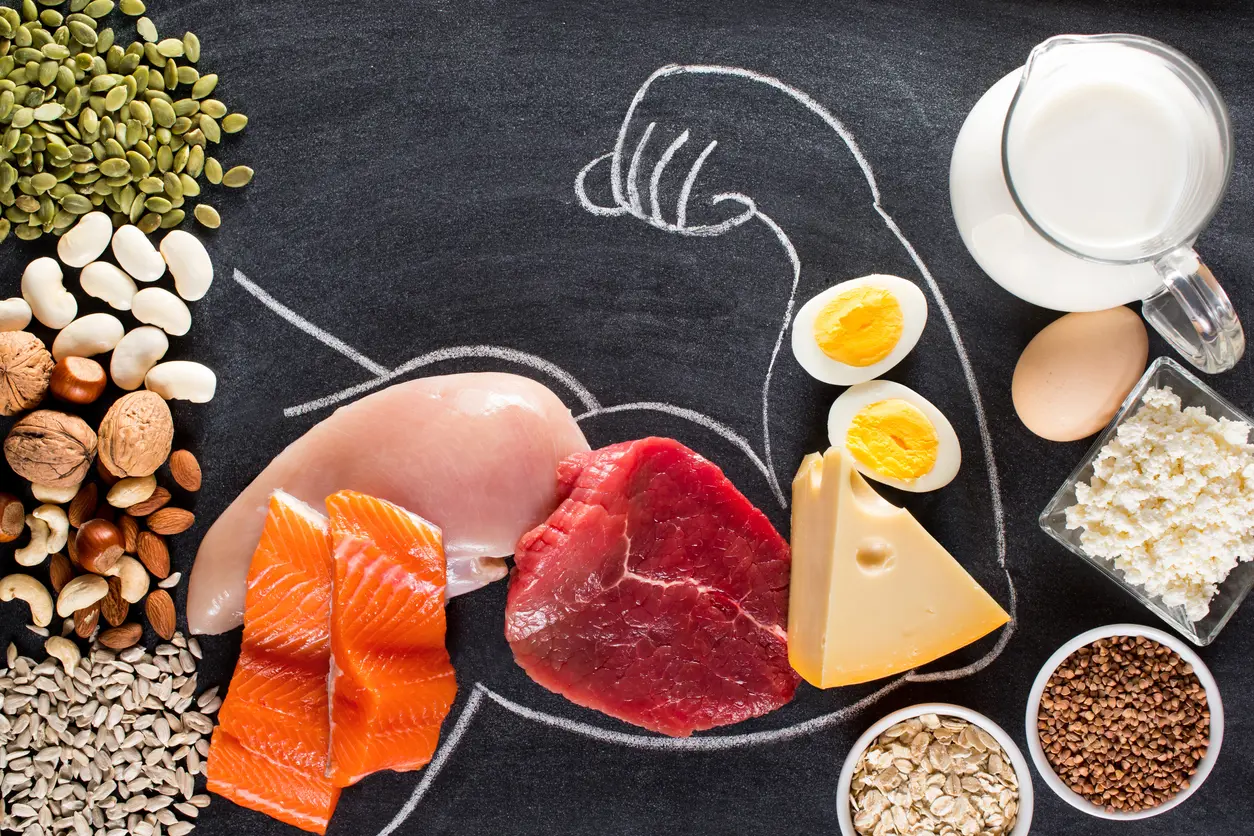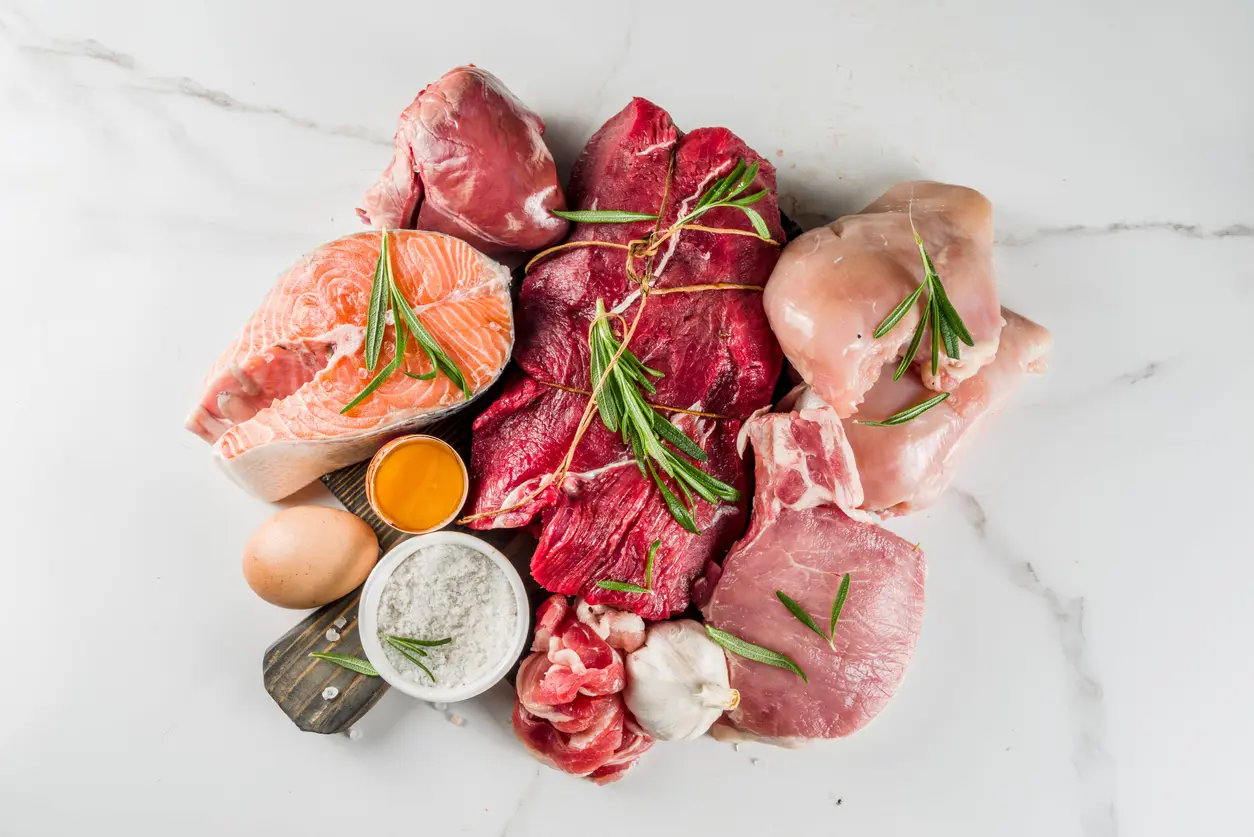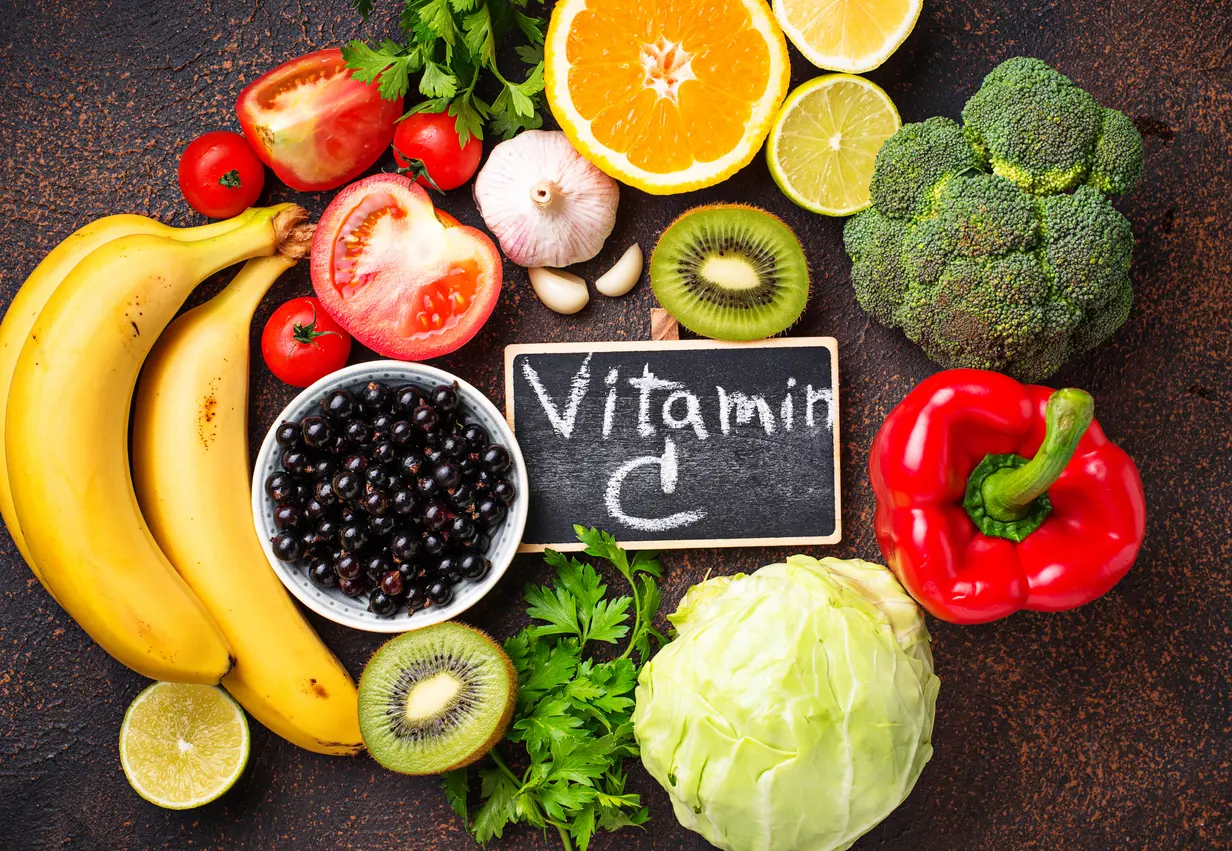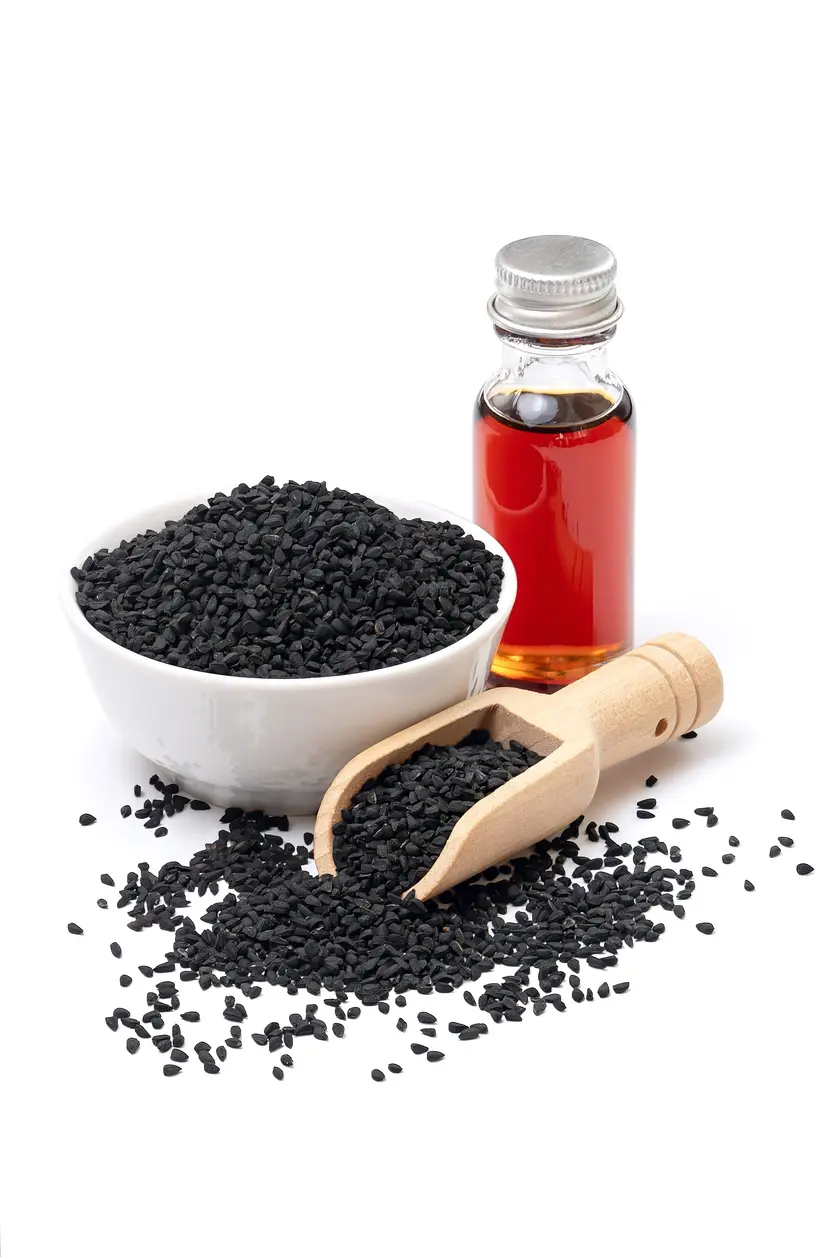Cancer-Fighting Foods: A Natural Approach to Boosting Your Health
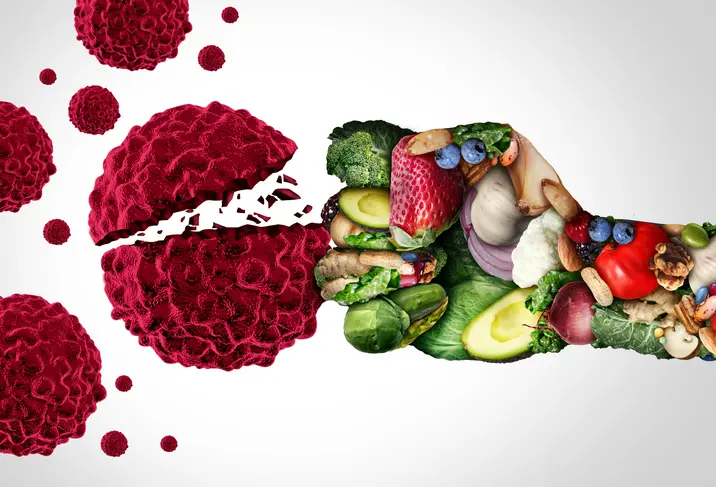
Nearly half of all cancers are connected to the way we live our lives. According to the American Institute for Cancer Research, excess weight, poor diet, and lack of physical activity are tied to about 42% of cancer cases and 45% of cancer deaths in the U.S. [1] American Institute for Cancer Research. (2017, November 29). New study links cancer and cancer deaths to lifestyle factors.
Among these, nutrition stands out as one of the most influential factors. The choices we make at the table each day can either raise our risk of cancer or help shield us from it. While no single “superfood” can completely protect a person from developing cancer, many whole foods are rich in useful antioxidants, phytochemicals, and anti-inflammatory compounds. These cancer-fighting foods can work together to safeguard DNA, neutralize harmful free radicals, and strengthen the immune system. [2] Donaldson, M. S. (2004). Nutrition and cancer: A review of the evidence for an anti-cancer diet. Nutrition Journal, 3(1).
In this guide, you’ll discover how the foods you eat can impact cancer risk, learn about powerful, science-backed cancer-fighting foods, and gain insight into everyday habits that may raise your risk. You’ll also pick up practical tips to make prevention simple, sustainable, and even delicious.
How Diet Impacts Cancer Risk
Cancer develops slowly, as healthy cells become damaged and gradually lose the ability to regulate growth. Several factors, including genetics, environment, lifestyle, and nutrition, influence this process. The foods we eat each day can either accelerate the process or help protect against it. What we choose to eat is one of the main ways we influence the body’s internal balance and resilience.
Diet plays a key role in several stages of this process.
Oxidative Stress and DNA Damage
Free radicals are unstable molecules that are produced during metabolism or as a result of exposure to toxins. They can damage DNA and cellular structures. Antioxidants, such as vitamin C, vitamin E, carotenoids, and polyphenols, neutralize free radicals and reduce this damage. [3] Aruoma, O. I. (1998). Free radicals, oxidative stress, and antioxidants in human health and disease. Journal of the American Oil Chemists Society, 75(2), 199–212.
Chronic Inflammation
Persistent, low-grade inflammation can quietly set the stage for disease by creating conditions where cancer cells are more likely to grow and spread. Inflammation itself isn’t always a bad thing; it’s actually the body’s built-in defense system when we’re injured or fighting off infection. The trouble begins when there is a constant state of inflammation. A poor diet, excess weight, smoking, or chronic stress all create ongoing inflammation in the body. Over time, this damages healthy cells and DNA. The cycle of damage and repair increases the likelihood of mutations, disrupts everyday cell communication, and hinders the immune system's ability to identify and eliminate abnormal cells before they develop into more severe conditions. [4] Singh, N., Baby, D., Rajguru, J., Patil, P., Thakkannavar, S., & Pujari, V. (2019). Inflammation and cancer. Annals of African Medicine, 18(3), 121.
Carcinogen Exposure and Detoxification
Compounds formed by grilling, frying, or processing certain foods can act as carcinogens. Fiber from plant-based foods accelerates the elimination of toxins, while compounds in cruciferous vegetables help activate detoxification enzymes. [5] Cancer.gov. Chemicals in meat cooked at high temperatures and cancer risk. (2017, July 11).
Supporting Cell Repair and Immunity
Some micronutrients play a decisive role in protecting your body at the cellular level. For example, folate, selenium, and zinc help keep your DNA intact and strengthen your immune system’s ability to recognize and eliminate abnormal cells before they can develop into something more serious. [4] Singh, N., Baby, D., Rajguru, J., Patil, P., Thakkannavar, S., & Pujari, V. (2019). Inflammation and cancer. Annals of African Medicine, 18(3), 121.
The Bottom Line
Research continues to show that diets centered on plants, particularly fruits, vegetables, whole grains, and legumes, are associated with a lower risk of cancer. These foods are rich in fiber, antioxidants, and phytochemicals that work together to protect cells from damage and maintain a resilient immune system. On the flip side, diets heavy in processed meats, added sugars, and refined carbs are tied to chronic inflammation, insulin resistance, and other changes in the body that can set the stage for cancer to develop. Over time, the choices we make at the table add up, either strengthening our body’s natural defenses or making us more vulnerable to disease. [6] Molina-Montes, E., Salamanca-Fernández, E., Garcia-Villanova, B., & Sánchez, M. J. (2020). The Impact of Plant-Based Dietary Patterns on Cancer-Related Outcomes: A Rapid Review and Meta-Analysis. Nutrients, 12(7), 2010.
Top Cancer-Fighting Foods (Science-Backed)
Below are some foods that fight cancer. Including foods that reduce cancer risk can represent a natural way to prevent cancer. Incorporate a variety of cancer-fighting superfoods to maximize benefits. [7] World Cancer Research Fund. What affects your risk of getting cancer? (September 9, 2025).
Top Cancer-Fighting Foods
This table summarizes some of the most well-studied cancer-fighting foods, their key compounds, and protective benefits.
| Food | Key Compounds | Protective Benefits |
|---|---|---|
| Cruciferous Vegetables (broccoli, kale, cauliflower, Brussels sprouts) | Sulforaphane, indoles | Activate detoxification enzymes, reduce oxidative stress, may inhibit tumor growth |
| Berries (blueberries, strawberries, raspberries) | Anthocyanins, vitamin C | Protect DNA, lower inflammation, improve cell signaling |
| Leafy Greens (spinach, Swiss chard) | Fiber, carotenoids, folate, chlorophyll | Support healthy cell division, provide potential anti-carcinogenic effects |
| Tomatoes | Lycopene, carotenoids | Associated with reduced prostate and breast cancer risk; cooking enhances lycopene absorption |
| Garlic & Onions | Organosulfur compounds | Strengthen immunity, may reduce stomach and colorectal cancer risk |
| Nuts & Seeds (walnuts, flaxseeds, chia) | Omega-3s, lignans | Reduce inflammation, support hormone metabolism, improve satiety |
| Green Tea | Catechins, polyphenols | May inhibit tumor blood vessel growth, reduce recurrence |
| Whole Grains (oats, quinoa, brown rice) | Fiber, B vitamins, selenium | Support digestion, bind carcinogens, stabilize blood sugar |
| Legumes (beans, lentils, chickpeas) | Isoflavones, antioxidants | Enhance gut microbiome diversity, linked to lower colorectal cancer risk |
| Turmeric | Curcumin | Calms inflammation, acts as an antioxidant, may affect cancer cell signaling pathways |
Variety is key when choosing cancer-fighting fruits and vegetables. Each plant family offers unique protective compounds. A “rainbow” of colors on your plate ensures a diverse range of phytonutrients.
Foods and Habits to Avoid
Just as some foods can help protect the body, others may increase the risk of cancer when eaten frequently or in large amounts: [8] Staff, M. A. (2025, February 20). 36 foods that can help lower your cancer risk. MD Anderson Cancer Center.
- Processed and Refined Foods: High in sugar and low in fiber, these foods contribute to obesity and insulin resistance—both conditions linked to an increased risk of cancer.
- Red and Processed Meats: Classified by WHO as carcinogenic (processed) or probably carcinogenic (red). Limit to occasional servings.
- Charred or Fried Foods: High heat can create carcinogenic compounds, such as heterocyclic amines and acrylamides.
- Excess Alcohol: Increases risk for breast, esophageal, and liver cancer. Safer limit: up to 1 drink/day for women, 2 for men (or less).
- Trans Fats: Promote inflammation and may increase the risk of heart disease and certain types of cancer.
Beyond diet, lifestyle habits such as tobacco use and physical inactivity also significantly elevate cancer risk, underscoring the importance of a comprehensive, holistic approach to prevention.
Practical Tips for Including Cancer-Fighting Foods
Making changes to the way we eat doesn’t have to feel overwhelming. A diet for cancer prevention can be simple, flexible, and enjoyable. Think of it as small upgrades, adjustments you can build into what you’re already doing rather than a complete overhaul. Little by little, those choices add up to lasting protection for your long-term health. [8] Staff, M. A. (2025, February 20). 36 foods that can help lower your cancer risk. MD Anderson Cancer Center.
Make Vegetables the Star
- Prep once, eat all week: Roast a sheet pan of broccoli, cauliflower, and carrots to use in grain bowls or wraps.
- Add greens to everything: Toss spinach into eggs, soups, or smoothies.
Pair Foods for Better Absorption
- Tomatoes and Olive Oil: Boosts lycopene absorption.
- Turmeric + Black Pepper: Increases curcumin bioavailability up to 2000%.
Easy Swaps
- Replace chips with raw nuts or air-popped popcorn.
- Swap white rice for quinoa or farro for a healthier option with more fiber and minerals.
Use Herbs & Spices Daily
- Add oregano, rosemary, or garlic powder to roasted vegetables.
- Include turmeric when making soups, curries, or even lattes for a rich, earthy flavor.
Choose Green Tea
- Replace one soda or coffee with unsweetened green tea to reap the benefits of catechins.
FAQs About Cancer-Fighting Foods
Can certain foods prevent cancer completely?
No single food can completely prevent cancer, and some cancers are based more on genetics than lifestyle. However, a balanced diet and healthy habits may make a significant difference. [9] World Cancer Research Fund. (2024, December 19). Fruit, vegetables, and cancer. World Cancer Research Fund. The best protection comes from an overall nutritious diet, paired with consistent physical activity, stress management, and regular screenings to catch any issues early. There’s no quick fix or miracle solution, but think of food as part of a broader toolkit for lowering your risk.
How many of these foods should I eat daily?
Try to get in about five servings of fruits and veggies each day, including whole grains, beans, and healthy fats a few times a week. [9] World Cancer Research Fund. (2024, December 19). Fruit, vegetables, and cancer. World Cancer Research Fund. Variety, sometimes referred to as “eating the rainbow,” is essential, as it helps you cover a wide range of protective nutrients. [9] World Cancer Research Fund. (2024, December 19). Fruit, vegetables, and cancer. World Cancer Research Fund. Even small, consistent choices have a cumulative effect that can help keep your body strong and support your long-term health.
Are supplements as effective as whole foods?
Generally, no. Whole foods deliver a natural blend of fiber, antioxidants, and phytochemicals that work together in ways supplements can’t replicate. In fact, research suggests that taking antioxidant supplements in high doses may even increase the risk of certain cancers. [10] Cohen, P. Y. P. a. L., PhD. (2012, March 26). Whole foods or supplements? MD Anderson Cancer Center. Whenever you can, aim to get your nutrients from real food, and save supplements for situations where a healthcare provider recommends them. Whenever possible, it’s best to let real food be your primary source of nutrients, and use supplements only under medical guidance.
Can these foods help during cancer treatment?
Yes, nutrient-rich foods can support strength, immunity, and recovery during treatment. A diet centered on whole foods can help maintain energy, reduce side effects, and promote healing. Always check with your oncology team, since some supplements or high-dose antioxidants may interfere with specific treatments.
Can too many antioxidants be harmful?
Yes, overusing antioxidant supplements can backfire by disrupting natural cell signaling and even reducing the effectiveness of some cancer treatments. Antioxidants from whole foods, however, are safe and beneficial as part of a balanced diet. Unless your doctor recommends otherwise, it’s best to focus on food-based sources for the most dependable protection. [10] Cohen, P. Y. P. a. L., PhD. (2012, March 26). Whole foods or supplements? MD Anderson Cancer Center.
Can certain foods prevent cancer completely?
No single food can completely prevent cancer. The best protection comes from a healthy eating pattern, consistent physical activity, and regular screenings.
How many of these foods should I eat daily?
Try to eat five servings of fruits and vegetables per day, plus several servings of whole grains, legumes, and healthy fats weekly. [9] World Cancer Research Fund. (2024, December 19). Fruit, vegetables, and cancer. World Cancer Research Fund.
Are supplements as effective as whole foods?
Generally, no. Whole foods deliver synergistic nutrients that supplements can’t replicate. High-dose antioxidant supplements may even increase the risk for certain cancers.
Can these foods help during cancer treatment?
Yes, nutrient-rich foods can support strength, immunity, and recovery. Always consult your oncology team, as certain supplements or high-dose antioxidants may interact with your treatment.
Can too many antioxidants be harmful?
Yes, over-supplementation can be harmful, as it disrupts natural cell signaling and reduces the effectiveness of treatments. Stick to food sources unless you are medically advised otherwise. [10] Cohen, P. Y. P. a. L., PhD. (2012, March 26). Whole foods or supplements? MD Anderson Cancer Center.
Conclusion
Research consistently shows that a nutrient-dense, plant-rich diet can lower the risk of many types of cancer. Incorporating a wide variety of cancer-fighting foods like cruciferous vegetables, colorful berries, leafy greens, whole grains, legumes, nuts, and spices like ginger and turmeric equips your body with the resources it needs to repair damage and protect itself over time. At the same time, limiting processed meats, alcohol, and fried or ultra-processed foods helps reduce the factors that can fuel disease.
What matters most is consistency, not perfection. You don’t need to overhaul your diet overnight; small, steady changes over time can have a profound impact on your health. Every meal is an opportunity to invest in your health by prioritizing foods that fight cancer. Choosing nutrient-dense foods, staying active, prioritizing sleep, managing stress, and keeping up with preventive care builds a strong foundation for both present and future health. Small, consistent choices add up.
Start today, and your future self will thank you. Consult a registered dietitian or your healthcare provider to create a plan that fits your specific needs and lifestyle.
Was this article helpful?
-
American Institute for Cancer Research. (2017, November 29). New study links cancer and cancer deaths to lifestyle factors.;
https://www.aicr.org/news/new-study-links-cancer-and-cancer-deaths-to-lifestyle-factors/ -
Nutrition and cancer: A review of the evidence for an anti-cancer diet. Nutrition Journal, 3(1).; Donaldson, M. S. (2004). ;
https://pmc.ncbi.nlm.nih.gov/articles/PMC526387/ -
Free radicals, oxidative stress, and antioxidants in human health and disease. Journal of the American Oil Chemists Society, 75(2), 199–212.; Aruoma, O. I. (1998). ;
https://pmc.ncbi.nlm.nih.gov/articles/PMC7101596/ -
Inflammation and cancer. Annals of African Medicine, 18(3), 121.; Singh, N., Baby, D., Rajguru, J., Patil, P., Thakkannavar, S., & Pujari, V. (2019). ;
https://pubmed.ncbi.nlm.nih.gov/31417011/ -
Cancer.gov. Chemicals in meat cooked at high temperatures and cancer risk. (2017, July 11).;
https://www.cancer.gov/about-cancer/causes-prevention/risk/diet/cooked-meats-fact-sheet -
The Impact of Plant-Based Dietary Patterns on Cancer-Related Outcomes: A Rapid Review and Meta-Analysis. Nutrients, 12(7), 2010.; Molina-Montes, E., Salamanca-Fernández, E., Garcia-Villanova, B., & Sánchez, M. J. (2020). ;
https://pubmed.ncbi.nlm.nih.gov/32640737/ -
World Cancer Research Fund. What affects your risk of getting cancer? (September 9, 2025).;
https://www.wcrf.org/preventing-cancer/topics/ -
36 foods that can help lower your cancer risk. MD Anderson Cancer Center.; Staff, M. A. (2025, February 20). ;
https://www.mdanderson.org/cancerwise/36-foods-that-can-help-lower-your-cancer-risk.h00-159774078.html -
Fruit, vegetables, and cancer. World Cancer Research Fund.; World Cancer Research Fund. (2024, December 19). ;
https://www.wcrf.org/preventing-cancer/topics/fruit-vegetables-and-cancer/ -
Whole foods or supplements? MD Anderson Cancer Center.; Cohen, P. Y. P. a. L., PhD. (2012, March 26). ;
https://www.mdanderson.org/cancerwise/whole-foods-or-supplements.h00-158749167.html

